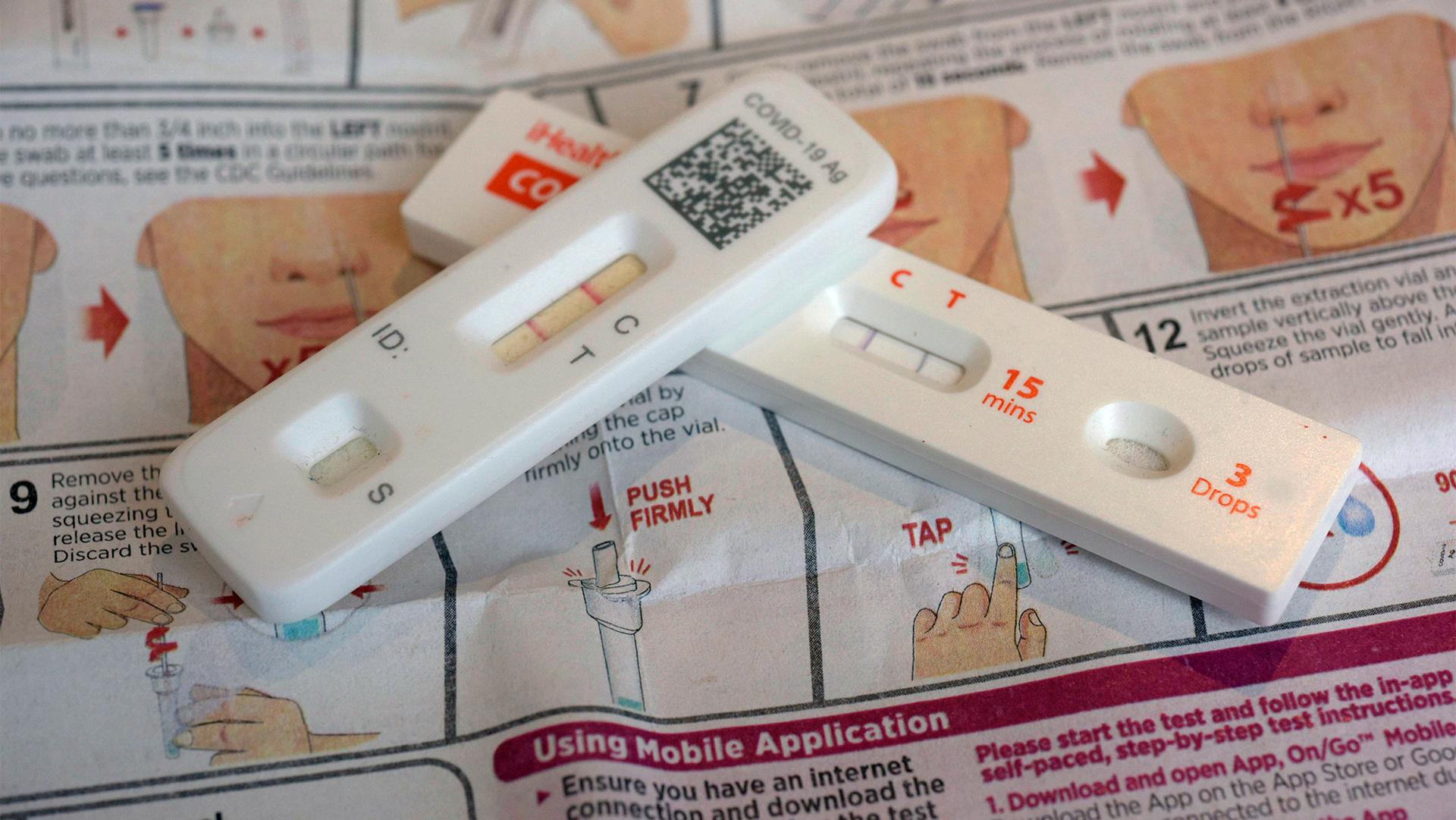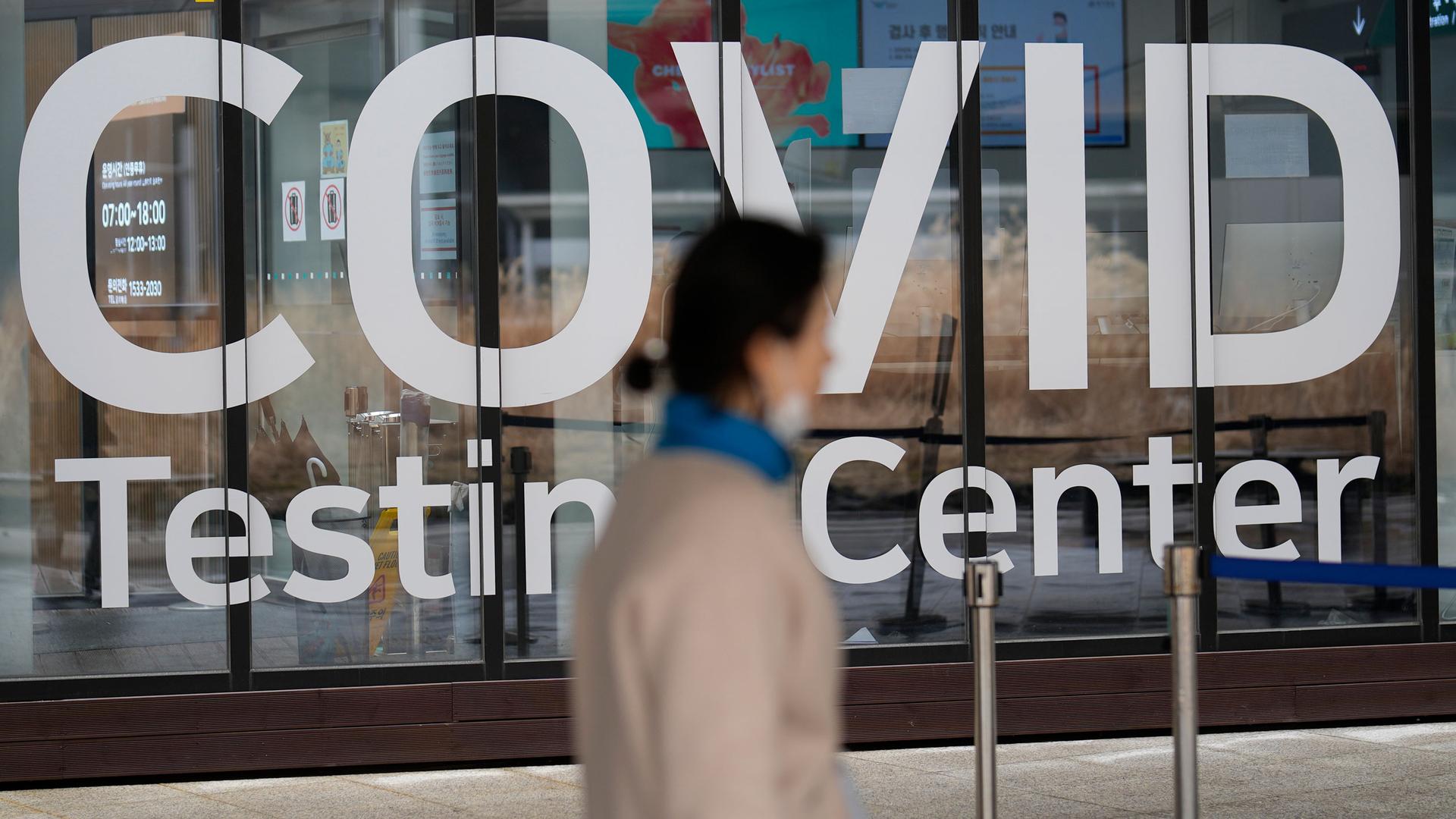Pandemic
Pandemic recovery will require much focus and attention, Dr. Atul Gawande says
The COVID-19 pandemic has killed about 7 million people worldwide, ravaging health care systems and economies. Dr. Atul Gawande, head of global health at the US Agency for International Development, spoke with The World’s Carolyn Beeler about how pandemic recovery “will require as much focus and attention as it did when it first started.”
Discussion: What researchers have learned about the omicron variant
Some parts of the world are still battling the omicron variant of COVID-19, while others seem to be somewhere around its peak. Join The World’s reporter Elana Gordon for our regular series of conversations about the pandemic. She will moderate a panel on Tuesday, Jan. 25 at 12 p.m. Eastern time, and will be speaking with epidemiologist Bill Hanage of the Harvard T.H. Chan School of Public Health.
At least 9 African countries set to produce COVID vaccines, Africa’s CDC chief says
Despite Africa’s low vaccination rates, the continent’s early, robust response has helped mitigate the impact of COVID-19 on the continent so far, says Dr. John Nkengasong, director of the Africa Centers for Disease Control and Prevention. And he predicts many more vaccines will be available in 2022, with a strong emphasis on distribution.
Discussion: The pandemic, women’s health and pregnancy
The coronavirus has affected women in various ways, including physically and socially. As part of The World’s regular series of conversations about the pandemic, reporter Elana Gordon moderated a discussion with Ana Langer, Professor of the Practice of Public Health and Director of the Women and Health Initiative at the Harvard T.H. Chan School of Public Health about the pandemic-related challenges affecting women in particular.
Pfizer announces ‘highly effective’ pill to combat COVID
Pfizer announces its Paxlovid pill as highly effective at preventing severe illness from COVID-19 among at-risk people. Also, the US approves its first major arms sale under the Biden administration to Saudi Arabia. And, nine groups in Ethiopia form an alliance — including Tigray forces and the Oromo Liberation Army — against Prime Minister Abiy Ahmed to seek a political transition, as rebel forces near the capital.


